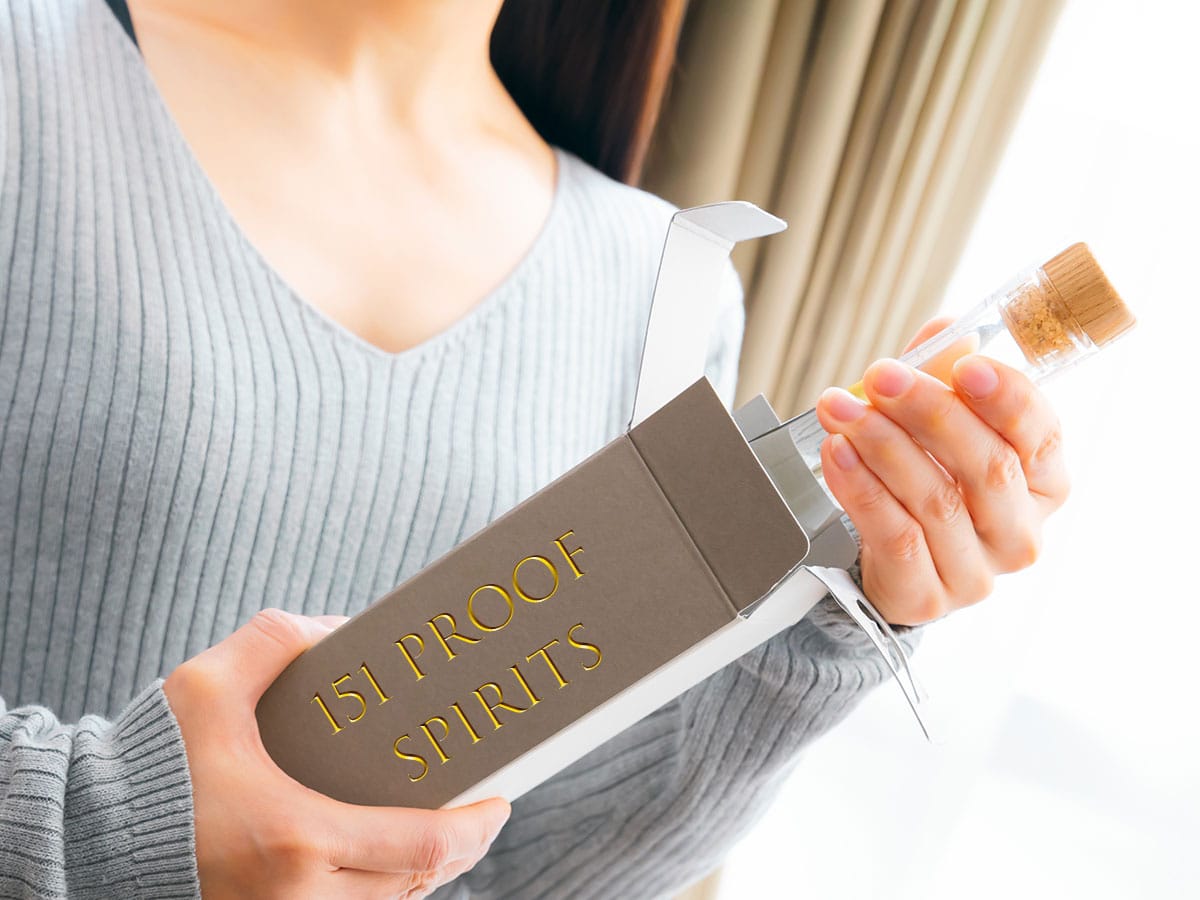- Tags:
- Alcohol / coronavirus / COVID-19 / disinfecting / sanitizer / Spirits
Related Article
-

A glitch in the 100,000 yen payout scheme; what about the homeless?
-

Osamu Tezuka-Inspired Artist Kae Tanaka Portrays Girls And Their Restless Spirits
-

Japan to Partially Lift Travel Ban
-

Japanese shop introduces constantly grinning “smile masks” to be more welcoming
-

Coca-Cola to Launch Their First Ever Alcoholic Drink in Japan But What Exactly is a Chu-Hi?
-

Service matches restaurants struggling in lockdown with jobless staff



Exceptional measures
As the struggle to prevent the spread of the novel coronavirus continues in Japan, the Ministry of Health, Labour and Welfare has decided to relax some of its regulations concerning what can be lawfully used as a sanitizer.
According to NHK, in response to urgent requests from certain medical institutions and facilities for the elderly where alcoholic sanitizer supplies are almost depleted or lacking, the health ministry has decided to exceptionally allow alcoholic beverages with high alcohol concentrations to be used as a substitute disinfectant.
Products made by alcoholic beverage makers can be used only when there are no alternatives.
70% to 83% alcohol concentration
Moreover, beverages suitable for use as sanitizer against the novel coronavirus must have an alcohol concentration of at least 70% and no higher than 83%. Alcohol with concentrations higher than that should be diluted to ensure they have the necessary effect.
Brewers have already started manufacturing products that are specifically intended to be used as sanitizers.
Strong Zero won't cut it
If you're eyeing that 9% Strong Zero in the konbini and thinking it could work as a disinfectant, you're going to need something a bit stronger than that. Only certain types of vodka, rum and other strong spirits have what it takes.
So, if you're living in Japan and have bottles of Spyritus or Everclear lying around, maybe now's a good time to donate them to your local hospital or assisted living facility. Be sure to call in advance and see if they need it first.